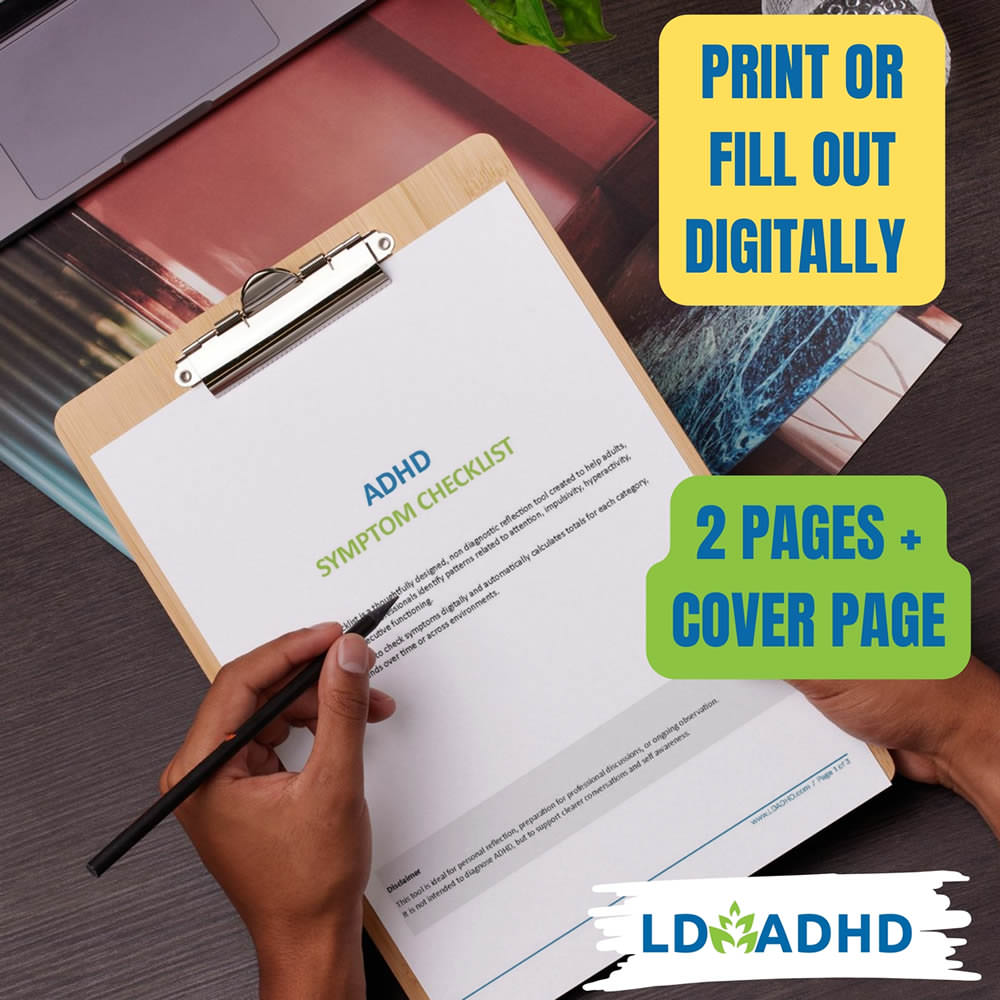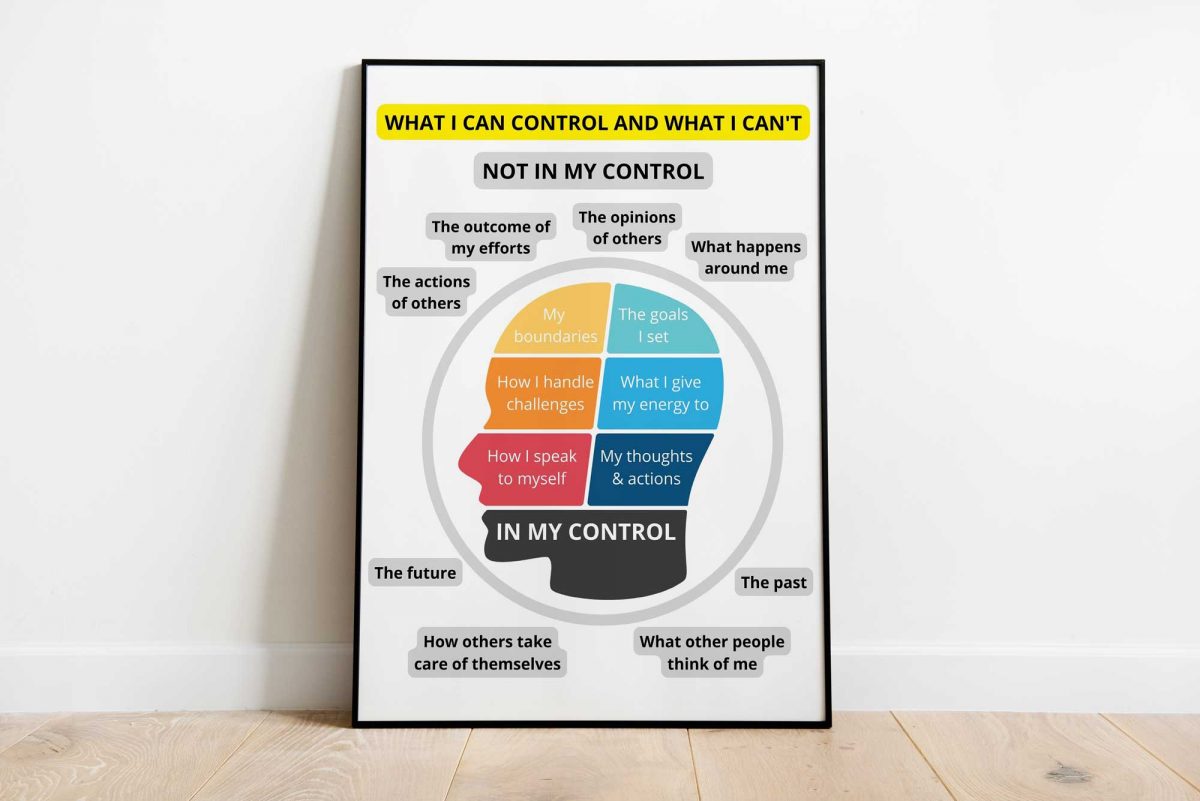AI-powered brain training shows promise in reducing impulsivity in children with ADHD
A new study highlights the potential of artificial intelligence to support children with Attention-Deficit/Hyperactivity Disorder (ADHD). Researchers found that an AI-enhanced brain training tool significantly helped reduce impulsive behavior in children diagnosed with ADHD, offering a new direction for non-pharmaceutical interventions.
The research, published in Scientific Reports, involved 111 children aged 6 to 12 with an ADHD diagnosis. The children used a digital intervention called Decoding Attention, a personalized training program powered by artificial intelligence. Over 12 weeks, participants engaged in sessions designed to strengthen cognitive control and reduce impulsivity.
The program is based on the Go/No-Go task, a well-established method for assessing and improving inhibitory control. The children were instructed to respond quickly to certain visual cues and refrain from responding to others. What made this intervention unique is its use of AI: the system adjusted the difficulty of tasks in real time, tailoring the experience to each child’s individual performance and attention profile.
Results showed a noticeable improvement in impulsivity among children who completed the training compared to those in a control group. Notably, the gains were most significant among those who initially had higher levels of impulsivity. Parents also reported improvements in day-to-day behavior.
While this is an encouraging development, researchers emphasize that more studies are needed to confirm the long-term benefits and to evaluate how these interventions might complement other treatments, including behavioral therapy and medication.







